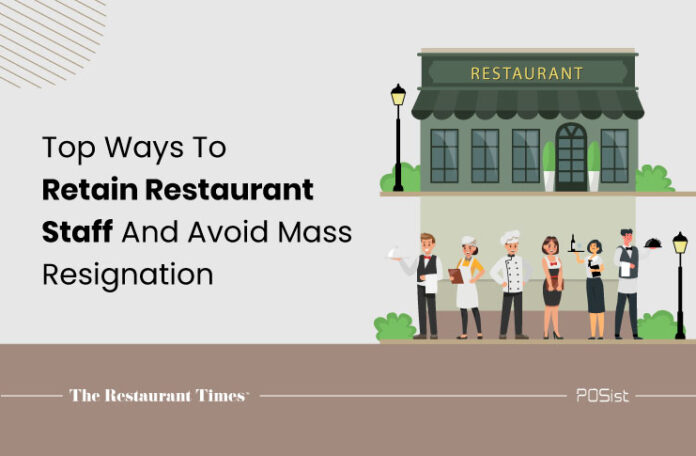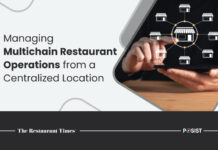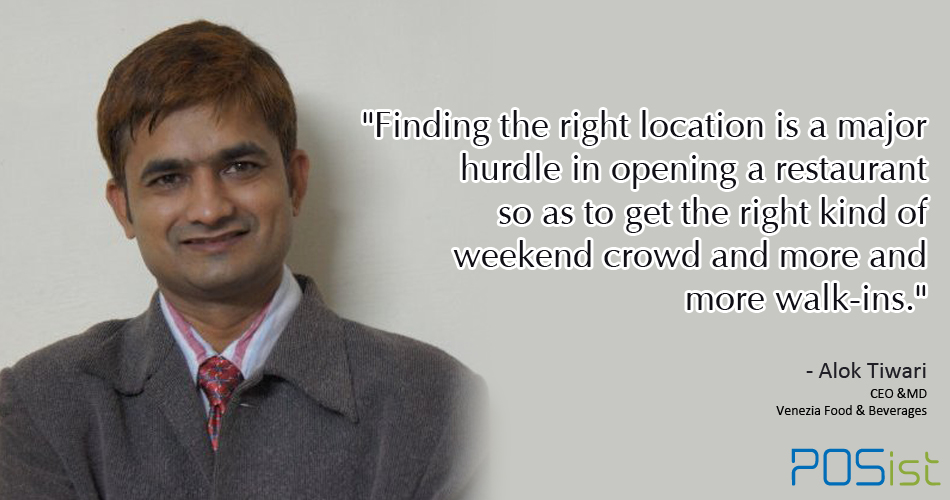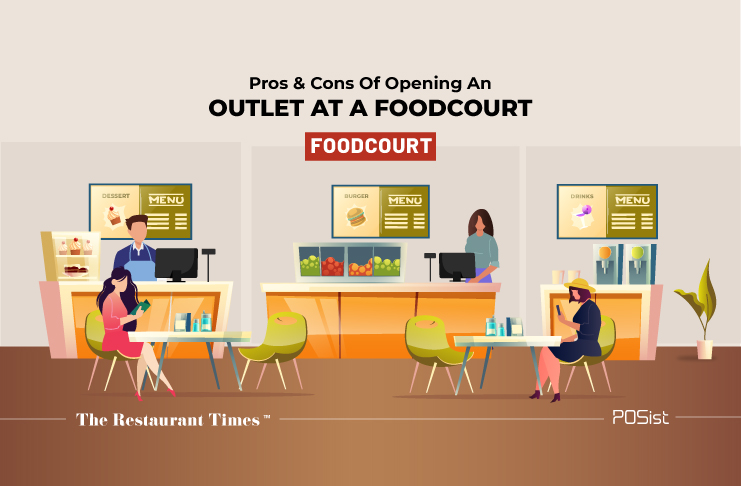Since the pandemic started, the restaurant industry has struggled with labour issues. Many restaurants have shut down, employees have had pay cuts, and many have even shifted to a different field. The quitting trend became so prevalent that it’s even been given a name: The Great Resignation. The restaurant sector has traditionally struggled with employee retention. Whether you own an elite fine dining establishment or a fast-food franchise, you’ve probably experienced the challenges of finding and retaining a strong restaurant staff.
Many additional short-term workers work in the business out of necessity because restaurant employment is plentiful, most don’t require a college diploma, and getting hired is simple. Despite these obstacles, there are things you may do to foster long-term employment. Rather than pursuing a career in the foodservice business, many restaurant employees use it as a stepping stone until they graduate from college and begin their preferred career path.
However, it is important to remember that your employees are not robots; they are people. They want their needs to be taken into account, and they want to be given a chance to succeed, regardless of the department they work in. Sticking to a few basic principles can make all the difference in creating an ” ideal workplace” where people are engaged and want to stay over the long term.
Retain Your Restaurant Staff With These Techniques
Here is how you can retain restaurant staff and survive the wave of mass resignation.
1. Create A Team
At the end of the day, your team is the reason why you are where you are. It is the people working for you that keep your restaurant growing and successful. The conflict between the kitchen and the front of the house is a major source of frustration for employees across many restaurants. The “us-versus-them” mentality creates stress and unhappy employees who will eventually look for work elsewhere. The solution: use staff events and communication training to promote team cohesiveness and eradicate divided thinking. This will enable employees to have more patience with one another and work better as a team.
Because your team is in the thick of things every day, they are the first to notice issues and possible pain spots. Hold regular meetings with your team and encourage open communication. Keep in mind that you should expect some criticism and not make an employee feel guilty for being honest. People appreciate being heard. It gives employees a sense of worth and encourages loyalty, making them feel invested in the company. Invite team members to provide feedback on what they think is working and what may be improved in the restaurant.
When people are recognized by their superiors, the organization as a whole becomes more connected. Appreciation also allows employees to observe how their work affects others, which leads to improved engagement. We seek feedback and want to know when we’re doing things correctly as humans. Receiving positive reinforcement in the form of recognition helps us learn what we need to do more of in the future.
2. Diversify Your Revenue
Look for strategies to diversify your revenue while keeping as many people as possible on the job. In these tough times, you can supplement your dine-in restaurant with a dark kitchen operating from the same premises. Find alternative roles for people who may have become redundant, such as answering phones, putting together meal kits, or even acting as temporary delivery drivers. Cross-train your serving personnel to aid in the kitchen and with the takeaway order packaging.
If you don’t have enough work to go around, be aware that your coworkers may have to hunt for a job elsewhere. Keep the door open and tell them they’re welcome to come back any time. By ensuring that employees have the resources they need, you can help them perform to their maximum potential. It leads to happier employees, better cuisine, better service, and a better overall consumer experience.

3. Provide Health Benefits To Restaurant Staff
It’s critical to offer a health benefits package to attract long-term employees. Many restaurant employees leave before completing the required healthcare waiting period, making the initial investment in a healthcare plan a risky proposition for restaurant owners. The National Restaurant Association offers a healthcare marketplace specifically created to meet the needs of restaurant owners, including small restaurant businesses.
One of the most common reasons employees leave the foodservice industry to pursue more stable careers is a lack of health benefits. The long-term benefits of providing health insurance outweigh the drawbacks, but getting past the initial obstacles is the difficult part. By giving a benefits package, restaurant operators may reduce turnover and retain good staff, saving time and money on training new personnel. Some workers, particularly waiters and waitresses, do not earn enough to afford the expense of health insurance premiums.
4. Offer Higher Wages To Outperforming Employees
Offering better compensation than the competition is a great way for restaurants to retain talent. If all of the other restaurants in your locality pay minimum wage, you can gain an advantage by paying a higher hourly rate. If you offer paid roles for important back-of-house positions, you’ll also attract the greatest person in the kitchen.
Create a clear career path for your employees to keep them interested in staying. As employees work to advance their careers and climb the corporate ladder, give them a wage raise. When employees meet particular standards, you can also give them performance-based raises. The opportunity to advance and earn more money can be a tremendous motivator for your top staff to stay.
Instead of employing someone new, promote staff to higher-level positions, whenever possible. Encourage employees to have high dreams and support them in achieving them. Provide training or suggest professional courses that will assist them in achieving their goals.
Employee retention in the restaurant sector—or any industry, for that matter—can be a maze at times, with the potential to take the wrong route before ever learning what the proper way is. If your revenue can’t sustain benefits like health insurance or a higher salary, try focusing on your company’s culture. However, keep such ideas in mind as long-term goals for improving staff retention in the future. In the long term, the benefits of keeping your best staff will far outweigh the cost. As the restaurant industry continues to rethink recruitment, hiring, and retention processes, driving retention is critical to the success of the business and the bottom line.

















